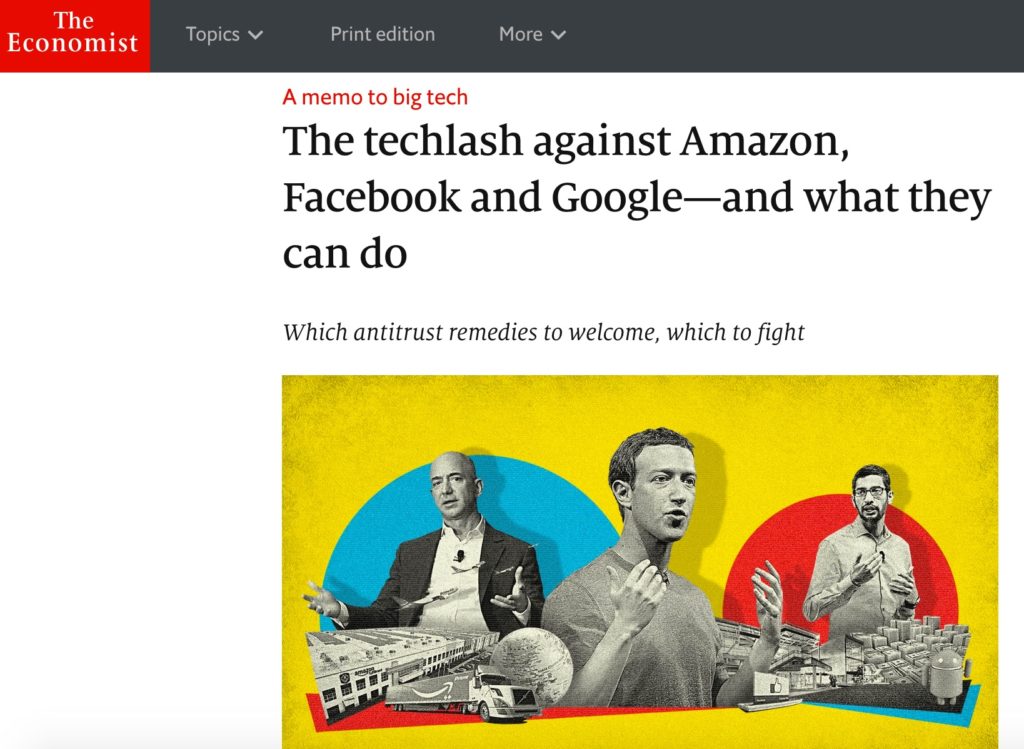This morning’s Observer column:
The downside of the media feeding frenzy around bitcoin is the way it obscures the fact that the technology underpinning it, the blockchain, or the public distributed ledger – a database securely recording financial, physical or electronic assets for sharing across a network through transparent updates of information – is potentially very important. This is because it may have more useful applications than supporting speculative bubbles or money laundering. In 2016, for example, Mark Walport, the government’s chief scientific adviser issued a report, arguing that the technology “could transform the delivery of public services and boost productivity”.
Which indeed it could, but that would be small beer if the messages I’m picking up from across the tech world are accurate. For the real significance of blockchain technology might be its capacity to retool the internet itself to make it secure enough for modern use and return it to its decentralised essence, in the process possibly liberating it from the tech companies that currently have a stranglehold on it…




